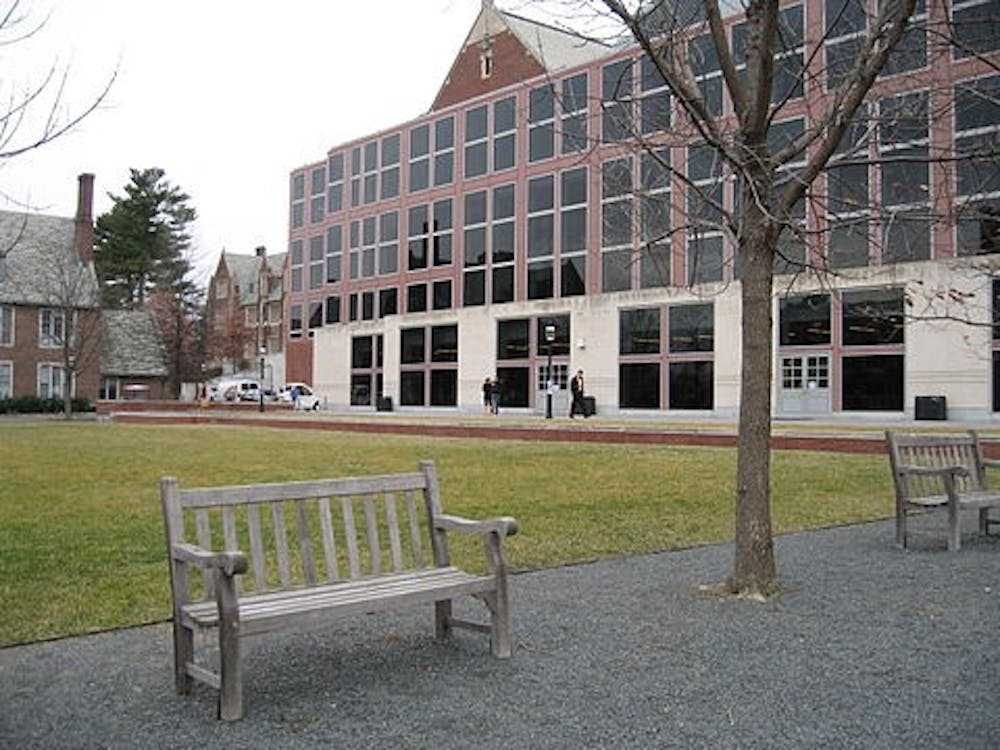The University has been ranked the best LGBTQ+ friendly college by College Consensus, a website that compiles data across many college ranking sites.
The published list of 25 colleges included schools from 16 different states. The University of Pennsylvania was the only other Ivy League school to make the list, ranking third.
Two other colleges in New Jersey, Rutgers University and Montclair State University, hold the 20th and 24th spots.
“There’s no one, simple way of defining what makes for LGBT friendly colleges, but there are some guidelines that can give an indication of their level of welcoming,” states the College Consensus website. “It’s a little objective and a little subjective, and always open for debate.”
Inclusion in the list is dependent upon the schools possessing LGBTQ+ friendly policy, such as housing and mental health resources. The rankings themselves are based on each college’s “Consensus Score.”
College Consensus calculates this score by averaging together a Publisher Consensus, “a school’s average rating score from the most respected college rankings publishers” and Student Consensus, “a school’s average student review score from around the web.”
In calculating a Publisher Consensus score, the website compiles data from a number of national and international college ranking systems, including U.S. News, the Academic Ranking of World Universities, and the Center for World University Rankings.
The Student Consensus score is calculated through compiled data from a number of student review sites, including Cappex, My Plan, Niche, Students Review, and Unigo.
The University received a Student Consensus score of 81.6 and a Publisher Consensus score of 85.6, yielding a College Consensus score of 83.6. All three of these scores represent the highest on the list.
One student who chose to remain anonymous commented on the University’s LGBTQ+ community.
“My perception before I came was that there would be very few students who were openly out, and, my freshman year, I found that to be very true,” the student said. “However, this last year I’ve found a lot more students who were out and who stood up for LGBT issues both interpersonally and on campus.”
In the description of the University’s ranking, College Consensus mentions the LGBT Center. It also notes that the University “provides LGBT workshops regularly; addressing emerging LGBT issues on campus, and in the world.”

While the core mission of the Center has always remained the same, its role has shifted over the years.
“At the Center’s founding, there were still many students who did not feel comfortable coming out anywhere on campus,” said Director of the LGBT Center Judy Jarvis. “Now, there are still certainly people who aren’t out or are questioning, but the number of people who are visibility and vocally out on campus has certainly increased over the last 12+ years that the Center has been open.”
The Center has become more involved in the creation of University policy, including a non-discrimination statement featuring gender identity and expression, as well as ensuring that trans-affirming surgeries and procedures are covered under the student health plan.
Although she is proud of these accomplishments, Jarvis remains focused on the future.
“Many of our trans and non-binary students and our LGBTQIA students of color in particular regularly face microaggressions and barriers on campus that their peers do not,” she said. “We should certainly celebrate the victories we’ve had, but not lose sight of what we still need to work on to make sure all LGBTQIA students feel a deep sense of belonging and connection to campus.”
When applying to colleges, Jared Holeman ’21 noted that he looked more for a holistic LGBTQ+-friendly environment and not for specific LGBTQ+ centers or organizations.
“I felt it was more important to have the ability to freely and genuinely exist as gay man, specifically a gay black man, in whatever I chose to do than to have a strong, united LGBT community,” he said. “I didn’t want a gay space so much as the ability to be myself in all spaces.”
Holeman said that he has still experienced homophobia on campus, noting he has had to “cut a few people out” of his life due to their views on his sexual orientation. However, Holeman still considers his experience at the University to be mostly positive.
“I don’t think Princeton is an amazing wonderland for the LGBT community, but I do believe we have a lot more opportunities than LGBT students on most college campuses … I’m from a pretty accepting place so I had a pretty high bar for LGBT inclusion, but I know people who came from far less inclusive places and think Princeton is a dream come true,” Holeman said.








